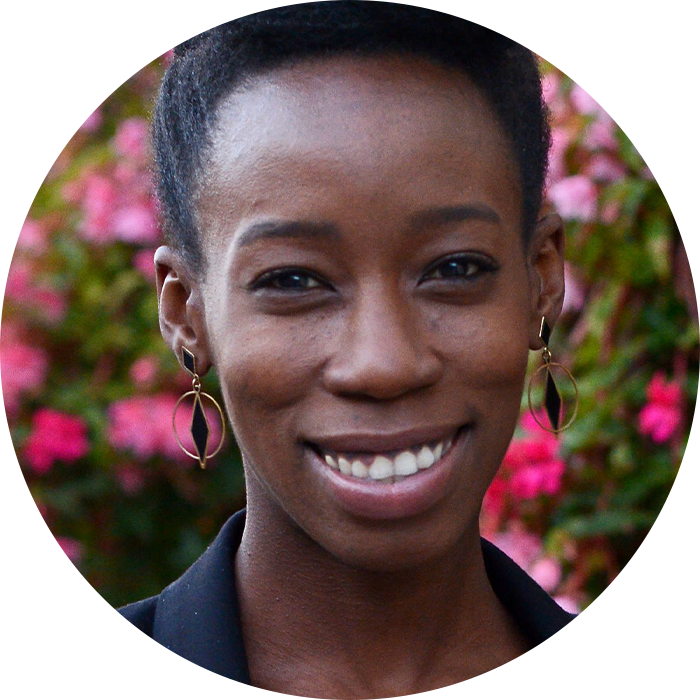How can companies serve all of their stakeholders? Four key takeaways…

Sayo Ayodele, a Leaders’ Quest Partner, has learned some key lessons about serving all stakeholders. It’s all about listening, strong values and joining forces with like-minded leaders.
In August 2019, the Business Roundtable – a business lobby group that represents some of the world’s most influential companies – put out a public statement declaring that the purpose of business is to create value for all stakeholders.
This represents a significant departure from the past 50 years – during which shareholders and profit were the primary (if not only) concern for business.
Yet there is widespread scepticism about whether this announcement is just rhetoric. Do these companies truly intend to evolve their businesses to be of service to all stakeholders?
A new zeitgeist
Their announcement speaks to a changing zeitgeist. Businesses feel a need to – at the very least –pay lip service to the fact that they are thoughtful about their role in society. This demand comes from:
- Consumers – who are increasingly putting their money towards brands and companies that represent their values.
- Investors – who are increasingly evaluating their investments by environmental, social and governance criteria.
- Employees who are demanding more of their employers.
Data shows that younger generations want to work in organisations that represent their values. Businesses also know that they aren’t isolated from the global challenges that we face. Some recognise that issues like climate change represent a threat to their supply chain. Some have acted to pre-empt regulatory action that might ensue, as political tides shift in light of social and economic problems.
A majority of leaders want to build more purposeful companies
Whatever the rationale, I applaud the decision and the announcement. My personal experience – after a decade spent working with senior leaders of some of the world’s largest companies – is that a significant majority wants to build more purposeful organisations. But what does this really mean and – in the words of the Business Roundtable – how does a company go about “serving all stakeholders”?
In 2016, Leaders’ Quest collaborated with Meteos to ask this question of the UK’s financial system. This joint project – called BankingFutures – explored how to build a healthier, more resilient, and inclusive financial sector. To do this, we created a multi-stakeholder group to bring diverse perspectives into the conversation. This group included leading bankers, investors, regulators and civil society, who came together for a multi-year conversation about the nature of the change required.
This is what I learned.
Serving stakeholders starts with listening
To serve all stakeholders, you need to really hear what they are saying. As part of the BankingFutures project, we listened hard to all stakeholders of the UK’s financial system.
We heard employees tell us what it meant to them, to work in a sector that they believe adds real value to society (and whose impact could be even greater). We spoke to investors who were exploring ways to navigate the changing nature of risk. We spoke to regulators grappling with the question of encouraging investment while still safeguarding consumers. We listened to individuals who’d been made homeless by the financial crisis.
At the end of it, we came away better informed about these perspectives and better equipped to make sensible recommendations about building a healthier and more resilient financial sector.
Embracing complexity and navigating through dilemmas
For companies exploring how to become more purposeful, there are some simple, quick wins (such as paying and treating employees and suppliers fairly). But often the questions and solutions are more nuanced. For example, evidence tells us that we need to take urgent action on the environment and that business has a huge role to play. Yet who speaks on behalf of the environment and society?
To become a purposeful organisation that’s taking action on the environment, a business may decide to double down on its recycling policy or encourage its employees to cycle to work. This is important. But all the evidence shows that businesses should align their environmental action or policy with science-based targets (carbon emissions targets aligned with a 1.5-degree pathway.)
Without this, their strategy, while important symbolically, may not be particularly meaningful. Ongoing conversations – with stakeholders and experts – are crucial to ensure clarity on what it means to serve a variety of audiences. It’s also vital to be part of a dynamic network or coalition – such as We Mean Business – who can help businesses understand what consequential action on climate change really looks like.
Recognise that purpose is a journey, not a destination
Just as business models need to evolve to reflect changing consumer demand, so purpose must evolve to reflect changing business models, and evolving social and environmental needs. Joining up with a network of experts can help business focus on immediate action – and figure out when a longer lead time ensures a dynamic, thoughtful approach can be developed.
Bold action requires courageous leadership and systemic change
Today, when public and governmental scrutiny is intense, it’s not easy for business leaders to take action. Getting investors and boards on-side isn’t always easy. Bold action requires courageous leadership that is willing to be ambitious, to listen, to welcome feedback, and adapt as society changes.
Business as usual? Or collective progress?
Companies, consumers, investors, employees and industry groups are all part of an entrenched system of ‘business as usual’. This means companies often have little incentive to make relevant changes to their approach or business. In short, there’s a significant risk with little guarantee of reward. By comparison, coalitions that include businesses, investors and consumers – all intent on making collective progress – can trigger a race to the top.
This blog post originally appeared on blog.thedoschool.com (18 September 2019). Photos: Viktor Forgacs and Anastasia Zhenin


